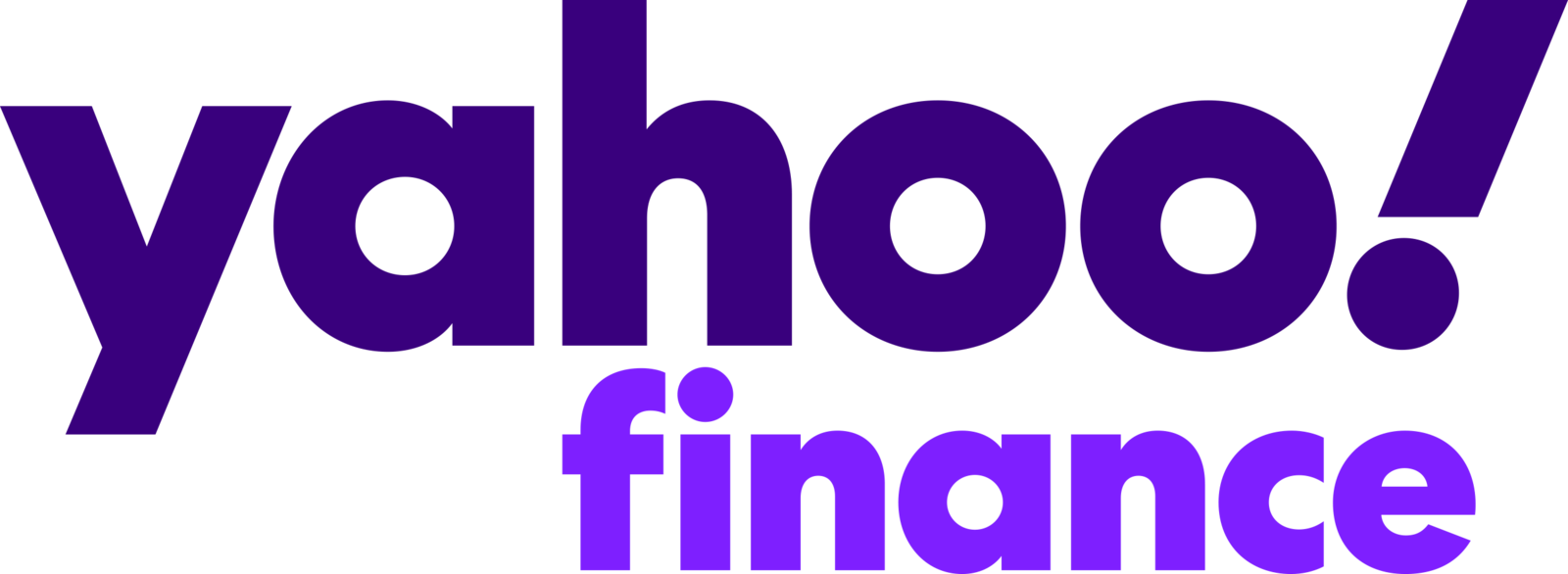As seen in






How to Choose the Best Bank Account
Save by comparing rates with us first.
At Financer.com you can compare savings, checking, CDs, and money market accounts.
Do you want to save for the future? Or need a transactional account?
Compare accounts from leading US banks side-by-side.
Choose the bank account that meets your specific needs and apply online.
Types of Bank Accounts
When it comes to bank accounts there are many options available. Here are some of the types of online bank accounts available:
- Savings accounts
- High-yield savings accounts
- Certificates of deposit
- Money market accounts
- Checking accounts
Top-Rated Online Bank Accounts
Savings Accounts
Savings accounts are the most basic type of bank account designed to store your savings.
You can add money when you want to and you can also withdraw whenever you want, but you won't get a checkbook to access funds.
You can do online transfers or make in-person withdrawals at the bank. Some accounts let you withdraw money from an ATM if you have a debit card. Savings accounts are interest-bearing.
You can also choose to open a high-yield savings account that gives you even higher interest rates. Online banks typically offer the highest APY on their accounts.
Checking Accounts
Checking accounts are typically used as transactional accounts, in other words, where you pay your bills from. You'll get a debit card to use for purchases or to withdraw cash from an ATM.
Most banks also let you use their mobile app to transact without having to visit a branch. Checking accounts offer little to no interest.
Certificates of Deposit
A certificate of deposit (CD) is ideal if you want to tie up your money for a number of months or years to get the best interest rate.
CDs offer higher interest rates than traditional savings accounts but keep in mind that if you need to withdraw money from your account before the term date, you may need to pay a penalty.
Certificates of deposits are ideal if you want to save money for longer periods of time without having to withdraw any money.
Money Market Accounts
Money market accounts are interest-bearing accounts that are available from most banks and credit unions. They typically come with a debit card and you can write checks from it.
Money market accounts are considered deposit accounts and therefore, transfers and withdrawals are limited to six per month.
Why Compare Bank Accounts with Financer
Save money by comparing bank accounts with us first.
How to Compare Bank Accounts
When it comes to checking accounts you should not look for the best interest rates as these accounts are typically used for everyday spending, not long-term savings. Keep a lookout for high overdraft fees, though.
If you compare savings accounts, look for good interest rates and find out if the account you choose requires a minimum deposit. Consider high-yield savings accounts if you're looking for the best returns.
Money market accounts are almost like a hybrid between savings and checking accounts. You get the benefits of a debit card but also earn competitive interest rates.
Certificates of deposit (CDs) are ideal if you want to put your money away for a set period of time - usually between six months to 10 years. In exchange, you get a fixed interest rate that won't change.
What Customers Say About Us





4.44 based on 110 reviews
from Reviews.io
Compare Bank Accounts with Financer.com
Looking for the best bank accounts? Financer.com helps you compare the best savings, checking, CD, and money market accounts so you can choose the best account type for your unique needs.
When it comes to money management, we are always improving our comparisons, and we are confident in what we can bring to the market.
Use our free account comparisons to find the right account for your savings goals. At Financer.com we take the guesswork out of finding the best bank accounts in 2025.
Bank Accounts - FAQs
How many bank accounts can I have?
Are online banks secure?
What is the safest bank account?
Which banks accounts let me deposit money into my account with an ATM?
How much tax do I need to pay from the interest I’ve earned from my bank account?
What are the best bank accounts to open?
What are the best interest rates for bank accounts?
Read More About Personal Finance
FHA Loans: your quick guide
Welcome to your comprehensive guide on FHA loans, with updates as recent as for December 2024. Whether you're a first-time homebuyer or looking to refinance, this
January 19, 2025 17 min read
What is a Debt-to-Income Ratio?
What is a Debt-to-Income Ratio? A debt-to-income ratio (DTI) is your total monthly debt payments divided by your gross monthly income. It represents how much of ...
February 20, 2025 6 min read







